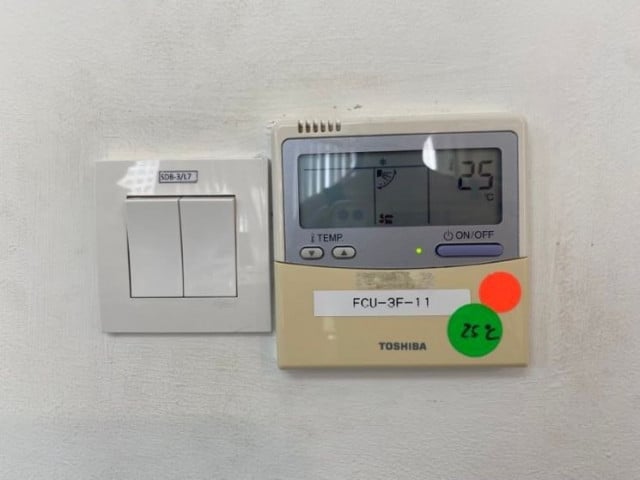Non-Communicable Diseases on Rise

- By Teng Yalirozy
- April 7, 2023 4:11 PM
PHNOM PENH – Non-communicable diseases (NCDs) such as cardiovascular disease, cancer, chronic respiratory disease and diabetes are soaring, causing two-thirds of deaths, the Health Ministry says.
The ministry says the country is rapidly developing and needs more health services.
It was paramount to boost NCDs prevention and control, the ministry said on April 7 in a joint press release as Cambodia celebrates its health achievements on the 75th anniversary of the World Health Organization.
The four main NCDs affecting the Cambodian people are cardiovascular disease, cancer, chronic respiratory disease and diabetes, according to the ministry.
NCDs are chronic diseases that cause disability, and loss of ability to work and threaten to exacerbate poverty and put high costs on health care.
According to WHO, NCDs represent a 23 percent risk of premature death before the age of 70. In 2018, NCDs accounted for 64 percent of all deaths compared to 52 percent in 2014.
This is due to the high prevalence of risk factors such as tobacco, alcohol, physical inactivity, unhealthy diet and metabolic risk factors such as raised blood pressure.
In Cambodia, the NCD risk factors are more common in the poor rural population, including tobacco use, solid fuel use, incense, insufficient fruit and vegetable consumption and harmful use of alcohol, according to the ministry.
WHO said that NCDs also have significant economic costs that go well beyond the direct costs of medical care, affecting those who provide care for them and the state, from lowered productivity.
In low and middle-income countries, it is estimated that NCDs will result in more than $21 trillion in lost economic output between 2011 and 2030, WHO said in its report on prevention and control of noncommunicable diseases in Cambodia issued in 2020.
Cambodia has a national multisectoral action plan for the prevention and control of noncommunicable diseases (2018-2027) to respond to the growing challenges. The plan consists of two main components, preventing more people from developing NCDs and mitigating the severity of cases.
“The national strategy for the prevention and control of NCDs is a multi-sectoral strategy and is in the policy on public health including food safety, tobacco and harmful use of use and physical inactivity. Each strategy is outlined as its main activities,” the plan says.
In 2018, the Government spent 343 billion riel or roughly $84 million on treatment for NCDs, representing 26 percent of all government healthcare spending.
To celebrate the 75th anniversary of WHO, Cambodia, which joined the organization in 1950, is committed to ensuring that no one is left behind as the country moves forward.
“In collaboration with WHO, we continue our collective journey of boosting primary health care as the foundation towards universal health coverage that will secure a healthy and safe future for all Cambodians for the next 75 years and beyond,” Health Minister Mam Bunheng said.















